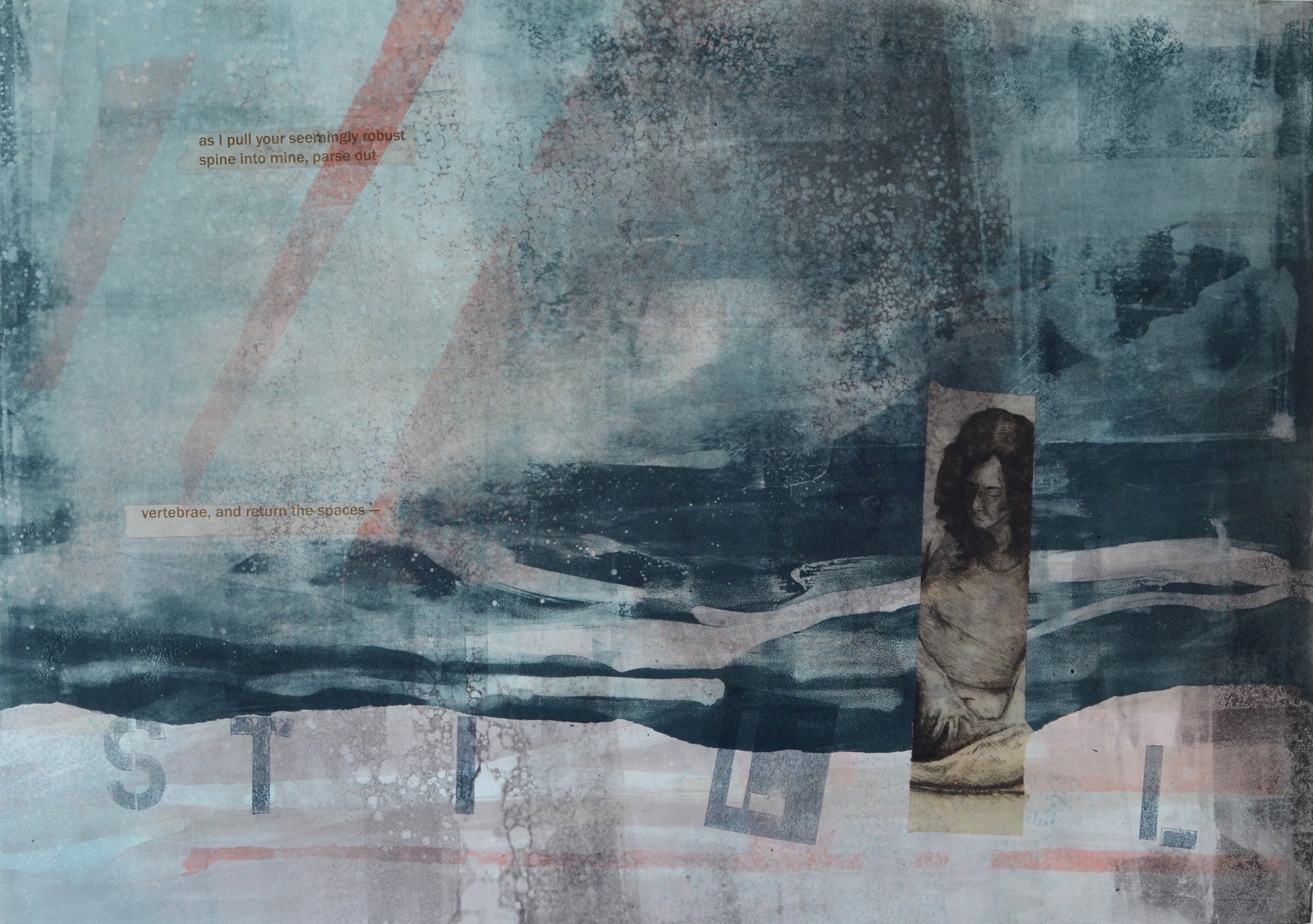THE MUSE
by Chloe Donnelly
It was my father who first taught me to be a muse. Around the time I went through puberty, he announced that he wanted to take pictures of me. It was early enough in the 2000s that digital cameras were still pretty novel, so he might have taken them on a disposable. I just remember holding one in my hand. It was taken in his girlfriend’s backyard at golden hour. The sweet white light cast everything in the shot into a sense of unreality. Every mountain ridge, every flower from the valley below was illuminated. I was sitting on a wood pallet, wearing cut-off jean shorts and a flowy white shirt. My knees were drawn up in front of me, in an almost guarded way, black converse pressed flat on the dusty ground. I was looking up at him while leaning back on my elbows—surely trying to imitate a pose from Seventeen Magazine. Dad used to buy those for me in the checkout lines at Vons, both of us under the impression, I think, that they would teach me to be a woman.
But my face in the photo was hardly womanly. It betrayed the newfound maturity of my body, the feigned confidence of my pose. It’s true I hardly smiled in photos back then or much at all really, but there is something more than angst in my expression—something vulnerable and sad about how I looked at the man behind the lens. My eyes reached out to him as if from a faraway mountain ridge, an infinite chasm between us.
Even after I stopped visiting my dad regularly, I did everything I could to freeze myself in a state of perfection, a block of glass around me, so I could not be degraded. This was the performance I tried to give when he took me out to dinner a year after the visits stopped. We went to a Thai restaurant—the same place he’d taken me for my thirteenth birthday (my suggestion I’m sure). On that first occasion, I’d ordered a plate called “whole fish,” and was surprised to find that the meal that arrived was not a plate filled with some type of whole-grade quality fish as I’d imagined, but rather an entire fish, complete with eyeball. What a sweet—if mildly embarrassing—semantic confusion.
This time, I dared not order anything but a cobb salad from which I ate only the egg whites and a few select pieces of iceberg lettuce. When I think now of how nervous I was, how young and small my voice was when I spoke to him, I think of the stories I hear of grown women on dates. But not me. My father would be the last man to whom I would openly show a desperation to be loved.
He said one more thing that night that sealed my fate as Calliope. It stuck with me for longer than I’d like to say—a phrase so heavy it condensed together into an iron ball, its atoms closer together than mine. The words sank into me, dispersing into my particle makeup. I’d been doing my “perfect girl” performance, all frozen and perfectly lit inside my glass box. The perfect girl had started practicing yoga to complement her ballet training. She could meditate. She could teach him to do sun salutations.
He smiled at me gently, his words washing over the glass like warm water.
“You’re going to save me,” he said.
seemingly robust
drypoint, collage
Liz McCall

